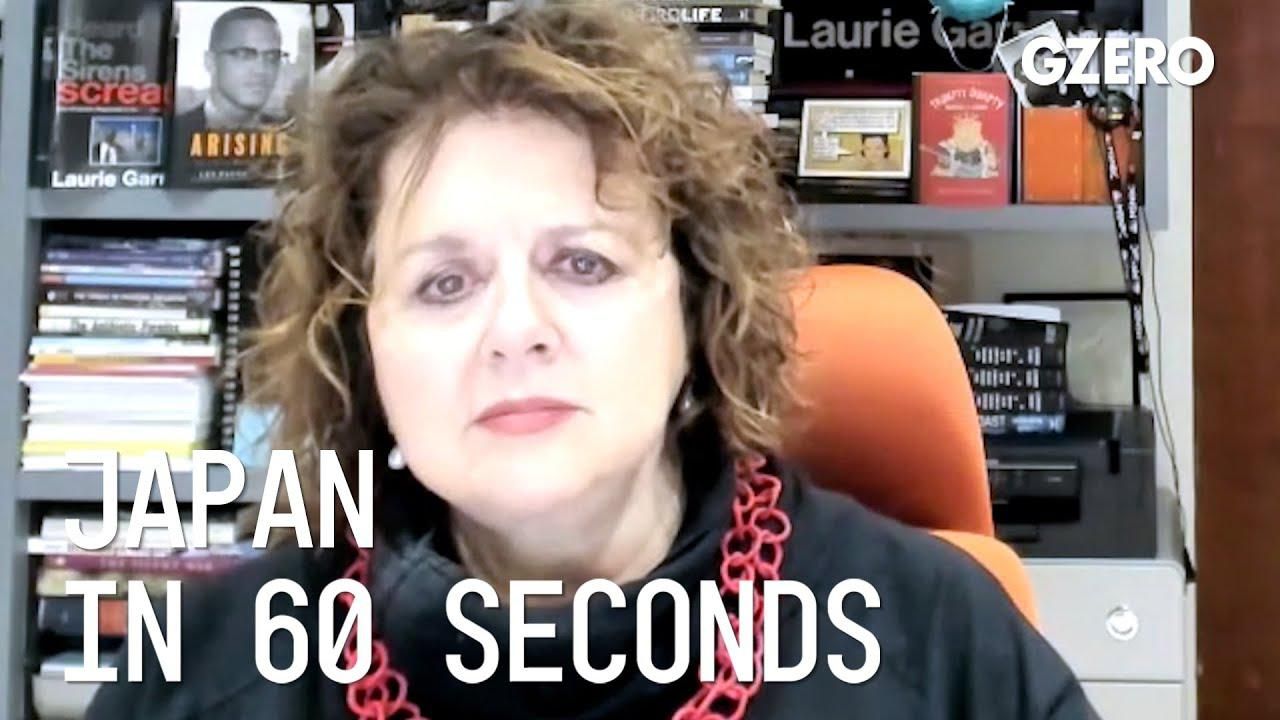In 60 Seconds
Leading health journalist Laurie Garrett on COVID lessons learned from Japan

Leading Health Journalist Laurie Garrett on Lessons Learned From Japan | Japan In :60 | GZERO Media

When it comes to preparedness for this global crisis, Japan had a key advantage—a universal healthcare system that provides medical attention to all at no or low cost to the patient. But there were other cultural and institutional factors at play, as Pulitzer Prize-winning health journalist Laurie Garrett explains. The video is part of a limited "Japan in 60 Seconds" series produced in partnership with the Consulate General of Japan.
This video is sponsored by the Consulate General of Japan.
GZERO World heads to the World Economic Forum in Davos, where Ian Bremmer lookst at how President Trump’s second term is rattling Europe, reshaping both transatlantic relations and the global economy, with Finland’s President Alexander Stubb and the IMF’s Kristalina Georgieva.
Think you know what's going on around the world? Here's your chance to prove it.
How widely is AI actually being used, and where is adoption falling behind? Speaking at the 2026 World Economic Forum in Davos, Brad Smith, Vice Chair and President of Microsoft, outlined how AI adoption can be measured through what he calls a “diffusion index.”
U.S. President Donald Trump holds a bilateral meeting with NATO Secretary General Mark Rutte at the World Economic Forum (WEF) in Davos, Switzerland, January 21, 2026.
After saying numerous times that he would only accept a deal that puts Greenland under US control, President Donald Trump emerged from his meeting with NATO Secretary General Mark Rutte singing a different tune.